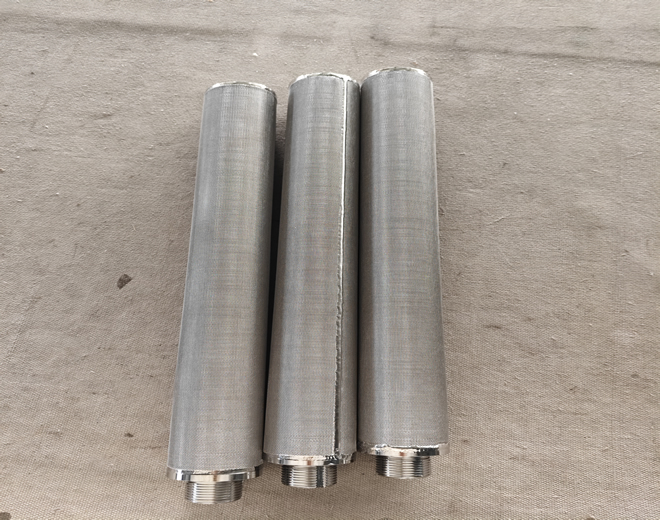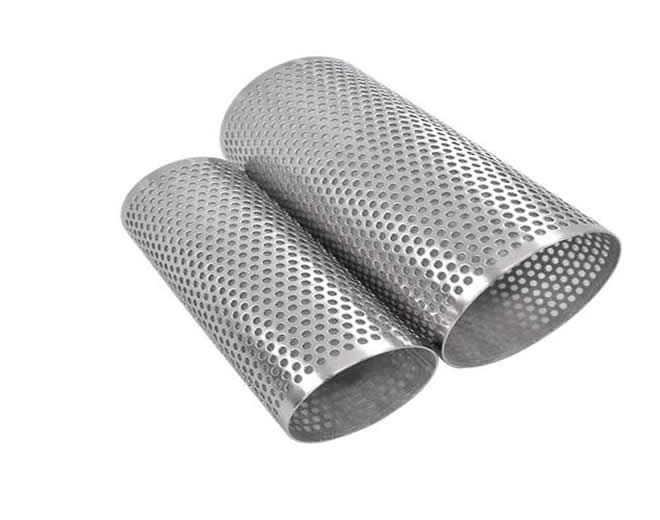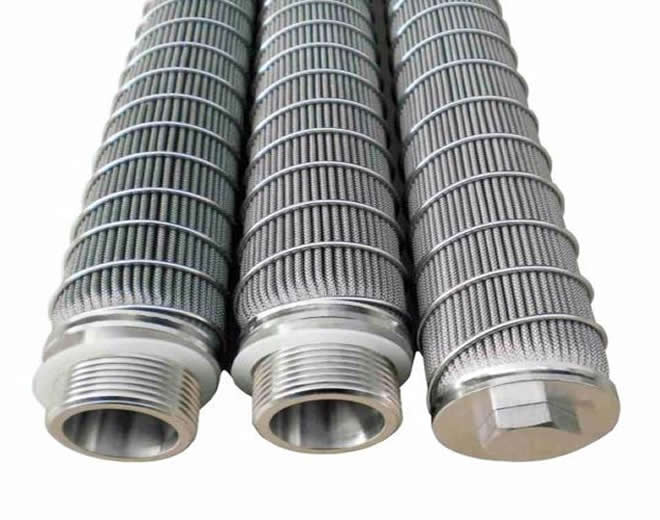The "scraper filter" typically refers to a type of filtration system that incorporates a scraper mechanism for the removal of contaminants or debris from the filter media. This type of filter is designed to maintain efficient filtration by actively scraping or cleaning the surface of the filter element, preventing the accumulation of particles and ensuring a continuous flow of clean fluid. The scraper mechanism distinguishes this filter from traditional systems that rely solely on backwashing or manual cleaning.
The core component of a scraper filter is the filter element, which can vary in material and configuration depending on the specific application. Common filter media include metal mesh, woven fabric, or porous materials capable of trapping particles. The scraper mechanism, often integrated into the filter assembly, plays a crucial role in keeping the filter media free from accumulated contaminants.
The scraper system may take various forms, such as brushes, blades, or other scraping devices, depending on the design and requirements of the filtration process. The scraper is strategically positioned to make contact with the filter media, and its movement is typically automated and controlled by the filtration system.
In operation, as the fluid passes through the filter, contaminants are captured by the filter media. Over time, these contaminants can build up and reduce the effectiveness of the filter. To address this, the scraper mechanism is activated at predetermined intervals or in response to certain indicators, such as pressure differentials or flow rates. The scraper moves across the surface of the filter, dislodging and removing the accumulated particles. The contaminants are then flushed away from the filter, maintaining its efficiency.
Scraper filters find applications in various industries where continuous and reliable filtration is crucial. Common uses include water treatment processes, industrial manufacturing, and applications where the filtration of liquids or gases is essential for maintaining the quality of the final product or protecting equipment.
One advantage of scraper filters is their ability to operate efficiently in applications with high levels of contamination. By actively cleaning the filter media, they can extend the time between maintenance cycles, reducing downtime and operational costs. Additionally, scraper filters are well-suited for processes where the nature of contaminants may vary, as the automated cleaning mechanism adapts to changing conditions.
In conclusion, the scraper filter represents an innovative approach to filtration, integrating a mechanical scraping mechanism to enhance the continuous removal of contaminants from the filter media. This design contributes to increased efficiency, longer operational lifespan, and reduced maintenance requirements, making scraper filters valuable in various industrial applications.


